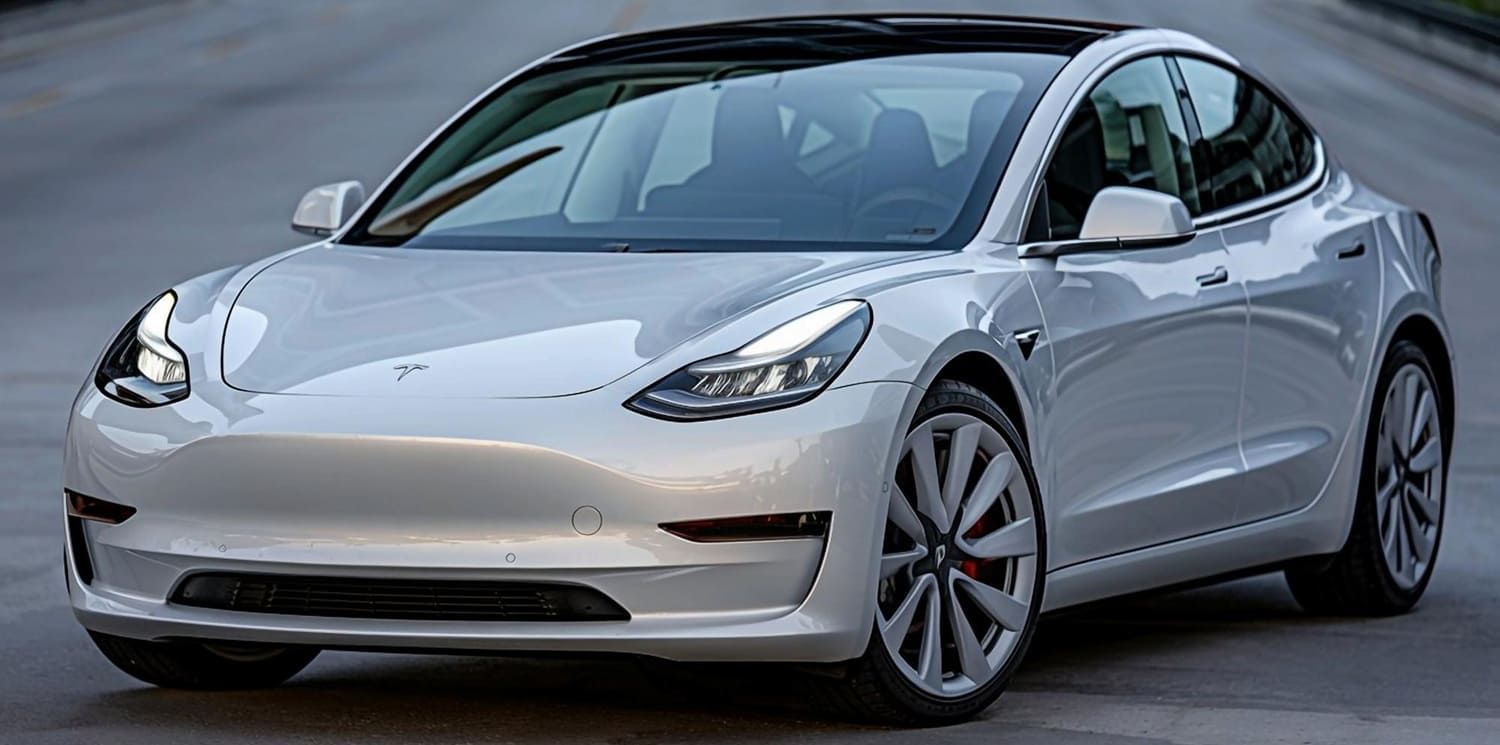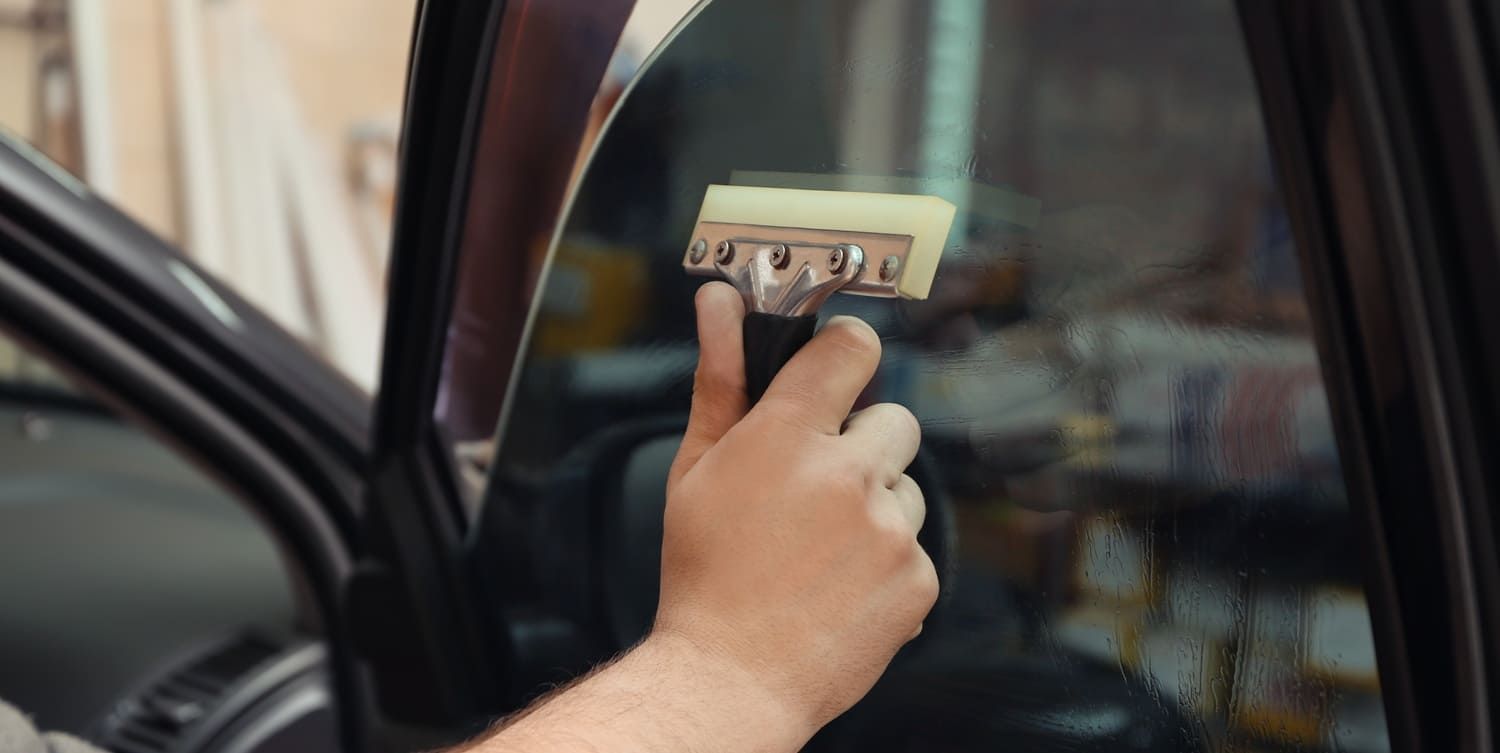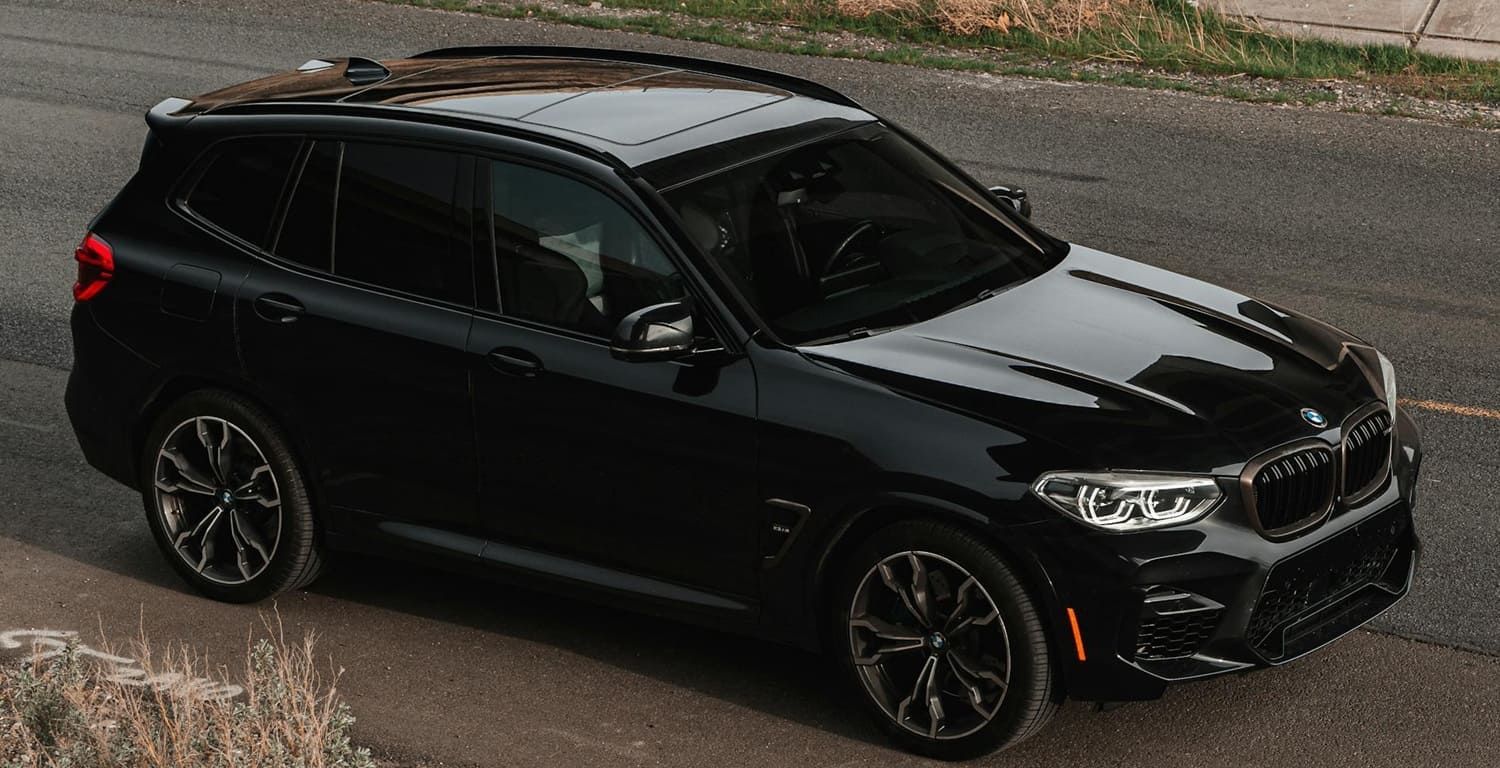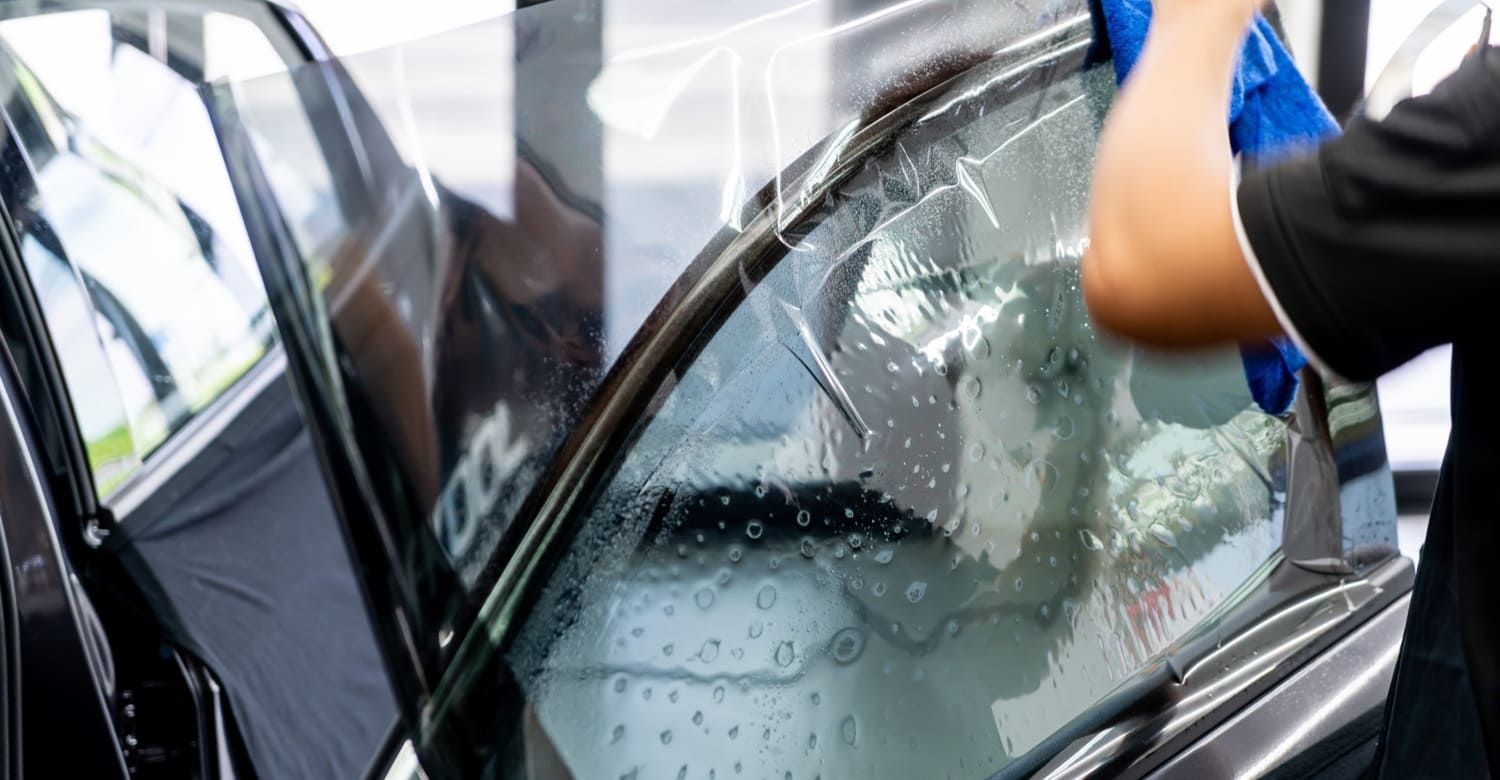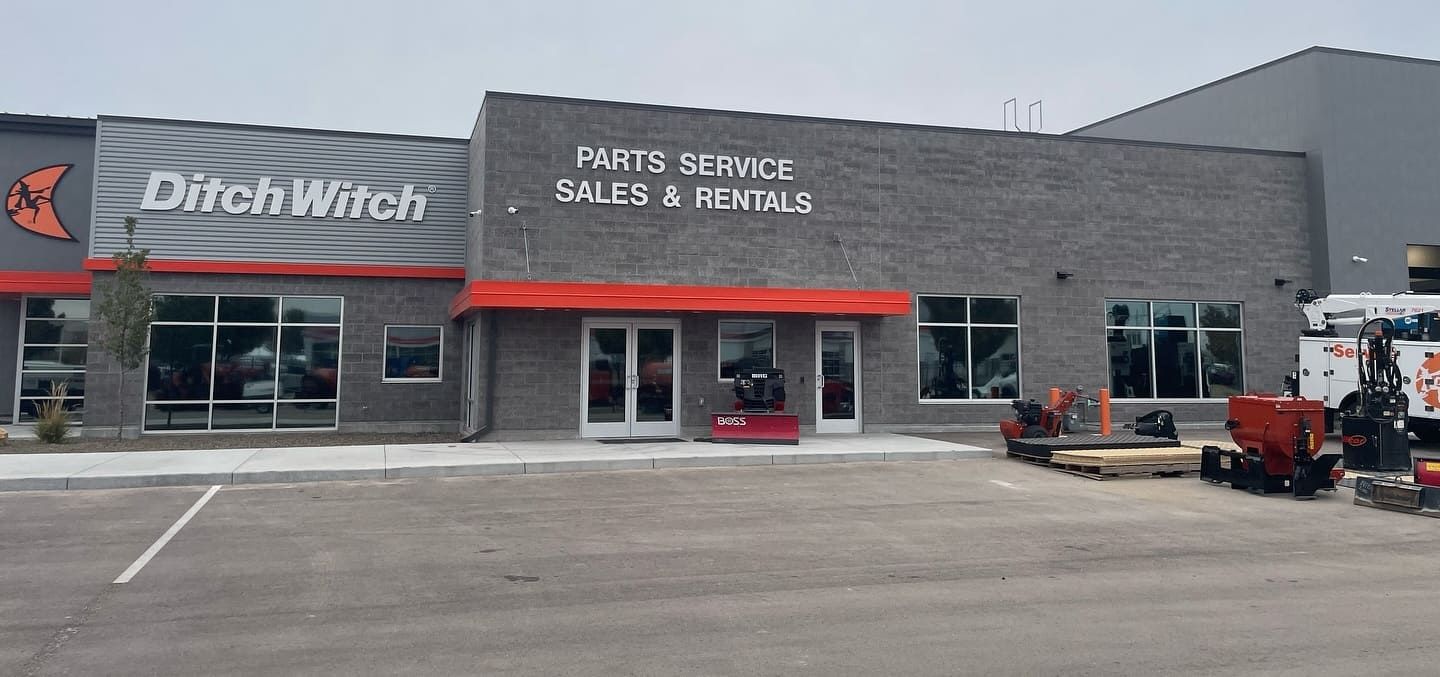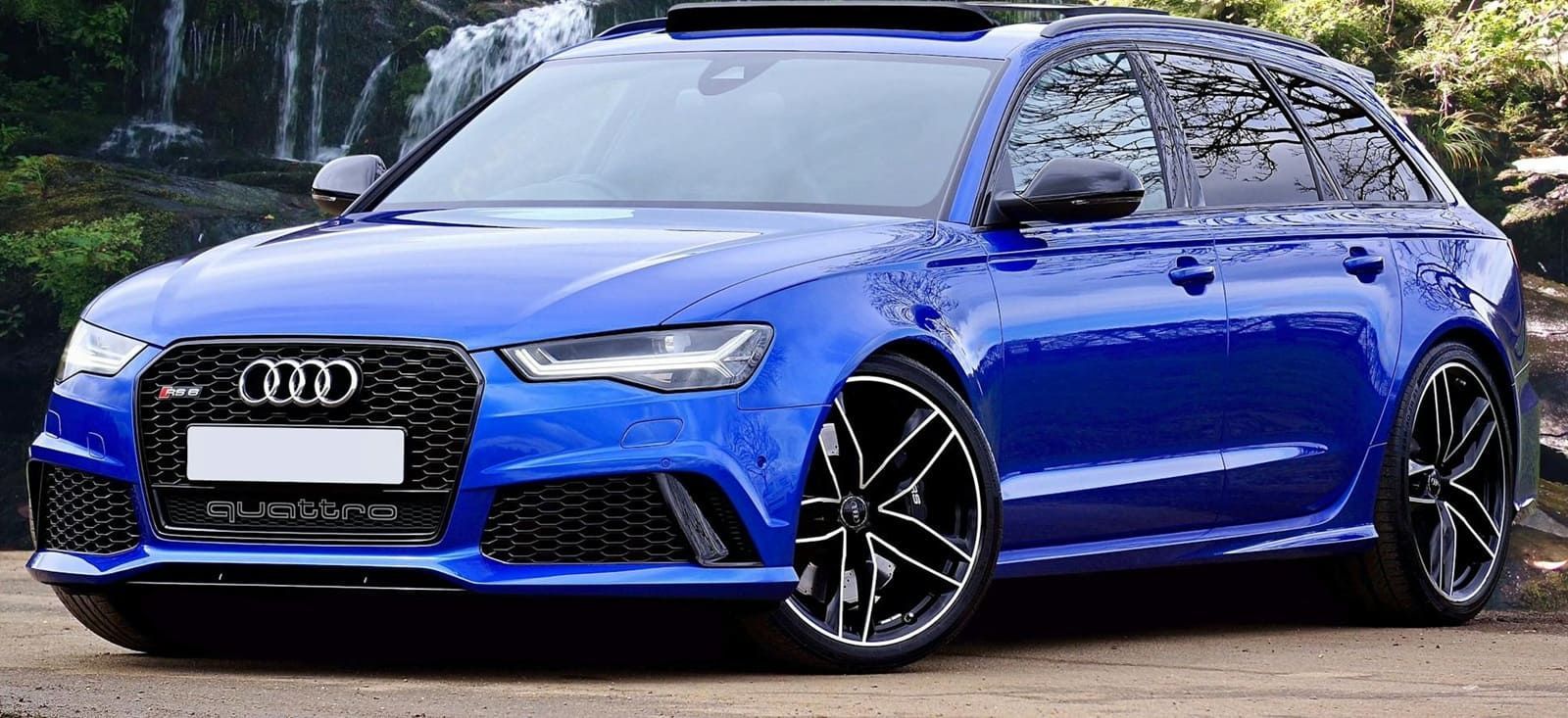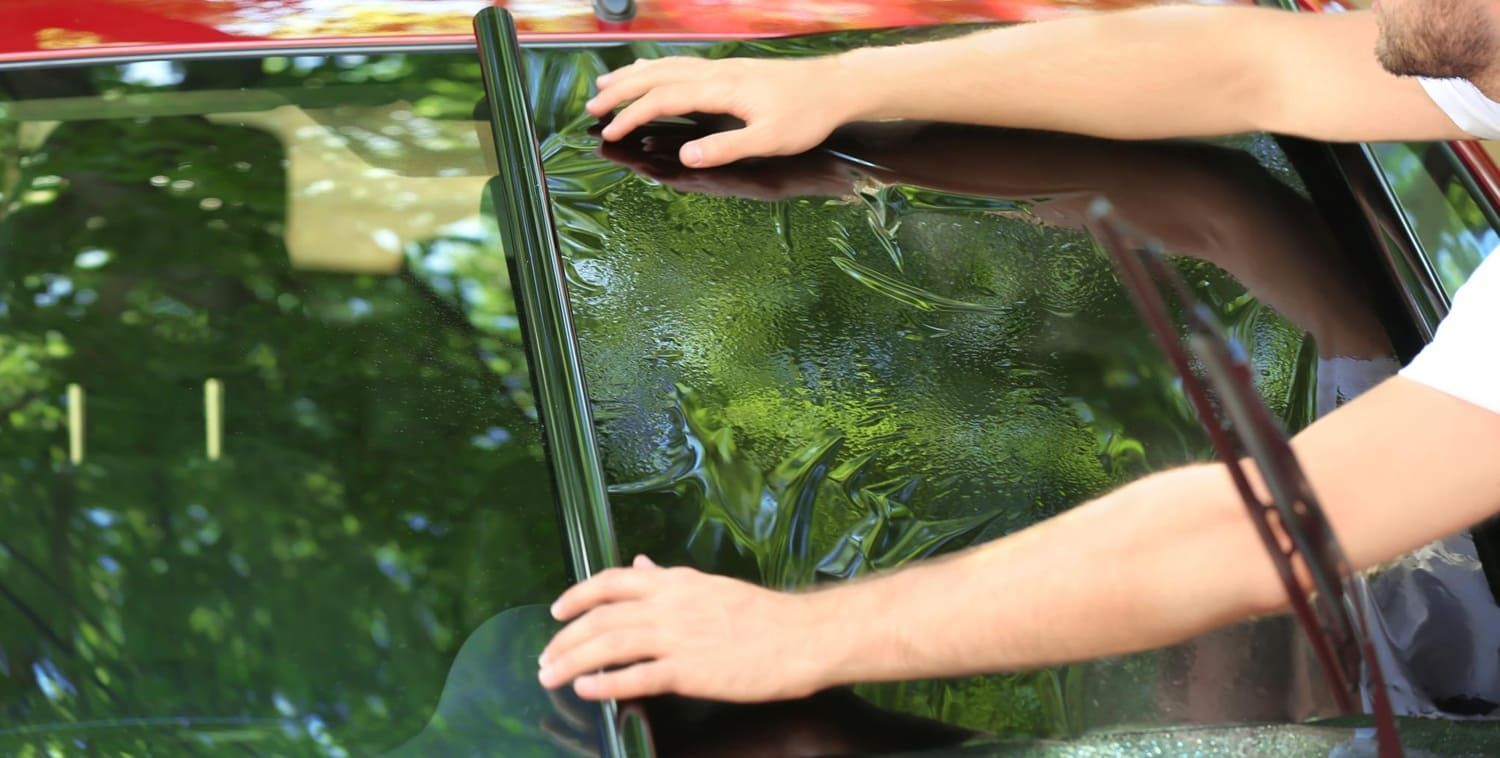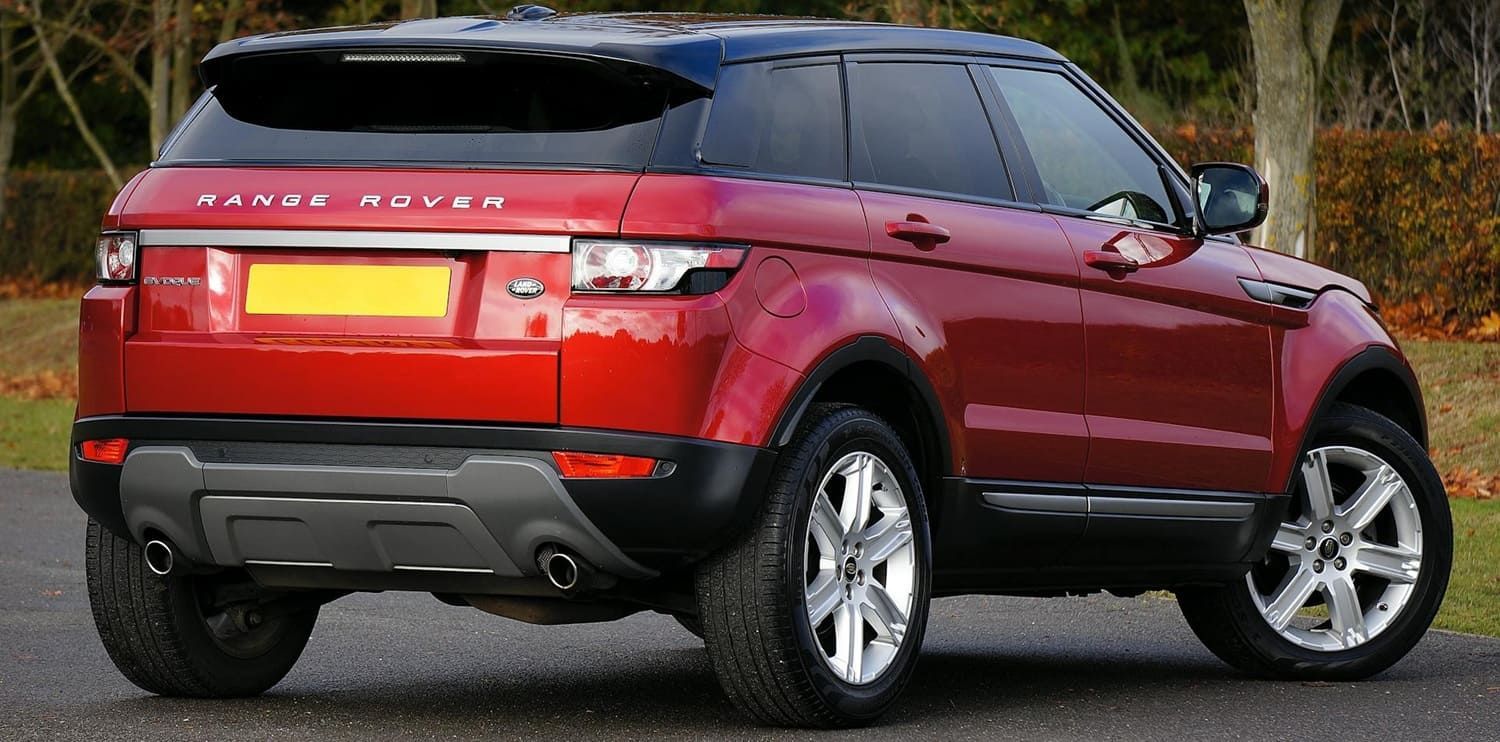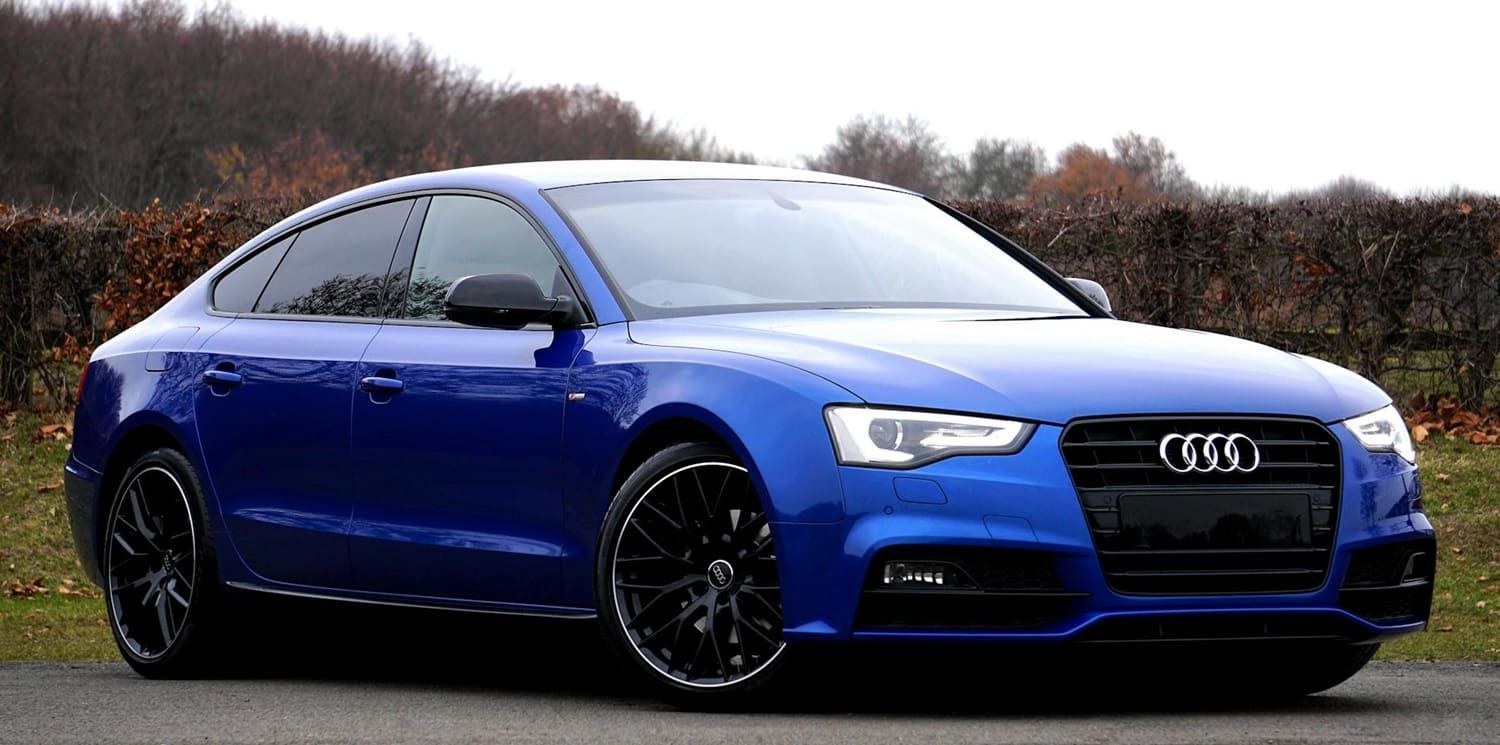Privacy Films vs Solar Films Key Differences
When it comes to enhancing the functionality of your home windows, window films are a versatile and effective solution. Whether you're aiming to increase privacy or improve energy efficiency, choosing between privacy films and solar films can make a significant difference. In this article, we'll break down the key differences between these two types of window films to help you make an informed decision.
Before diving into the specifics, it's essential to understand what home window tinting entails. Window tinting involves applying a thin film to the interior or exterior of glass surfaces. This film can serve multiple purposes, including reducing glare, blocking UV rays, and enhancing privacy. It's an affordable way to upgrade your windows and improve the comfort of your home.
Window tinting is not a new concept, but advancements in technology have made it more accessible and efficient than ever before. Modern films are designed to cater to specific needs, whether it's for residential, commercial, or automotive applications. These films can transform the look and feel of a space, offering benefits that extend beyond mere aesthetics.
The process of window tinting is relatively straightforward, yet the results can be transformative. Whether applied by a professional or as a DIY project, window films can significantly impact your living environment. They offer a practical solution to common issues like excessive sunlight, heat buildup, and lack of privacy, making them a popular choice among homeowners seeking to enhance their living spaces without a complete window replacement.
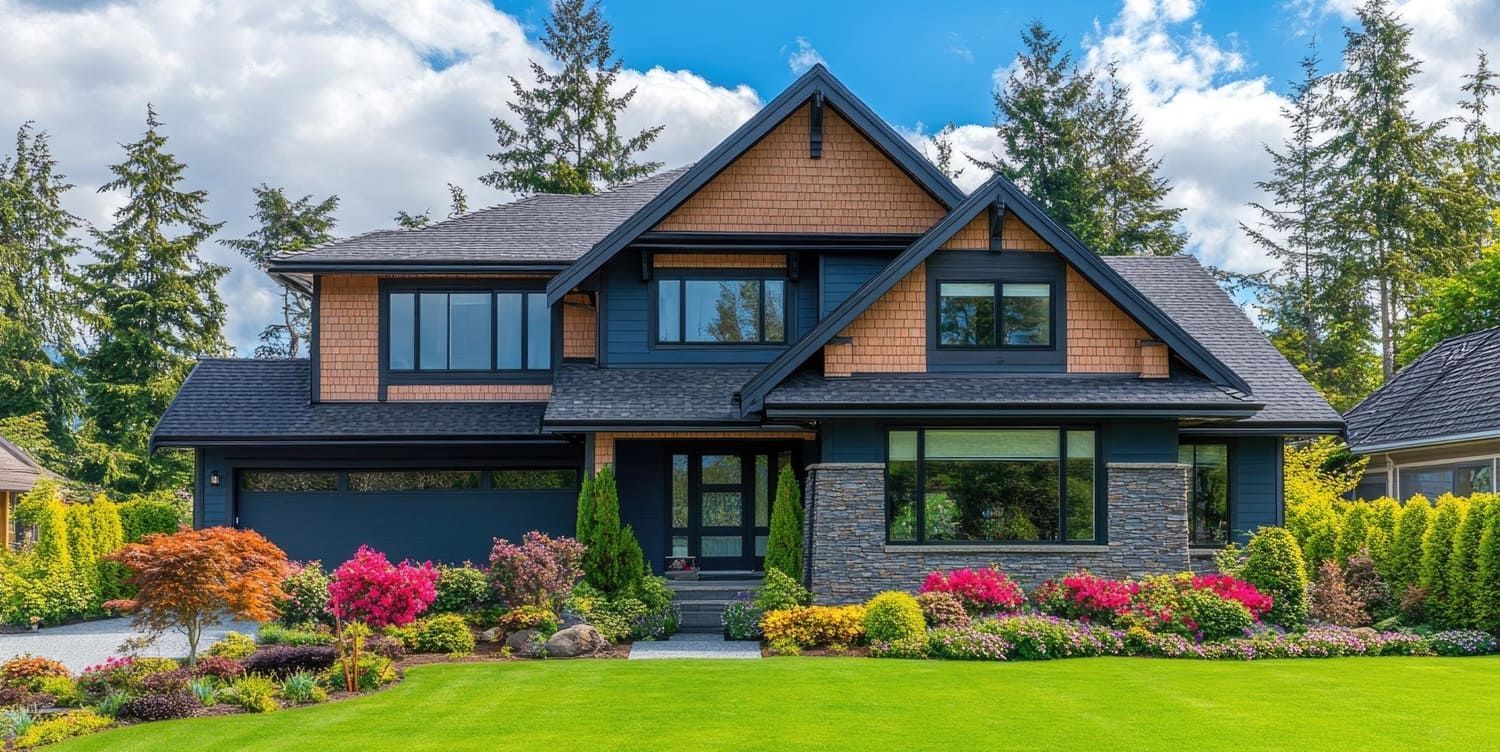
What Are Privacy Films?
Privacy films are specifically designed to obscure the view into a space without completely blocking out natural light. They are popular in urban settings where homes are closely situated, offering homeowners an added layer of privacy.
Key Features of Privacy Films
- Light Filtering: Privacy films allow light to enter while preventing outsiders from seeing in, making them ideal for areas where privacy is a concern, like bathrooms and street-facing windows. This feature ensures that spaces remain bright and welcoming while still being shielded from prying eyes.
- Decorative Options: These films come in various patterns and textures, such as frosted or etched designs, adding aesthetic value to your windows. With a range of styles available, homeowners can choose films that complement their interior decor while serving their intended purpose.
- Easy Installation: Most privacy films are easy to install and can be a DIY project, although professional installation is available for more complex designs. The simplicity of installation means that even those with minimal DIY experience can transform their windows in a short amount of time.
Benefits of Using Privacy Films
Privacy films are perfect if you want to maintain natural light while ensuring that your personal space remains unseen by outsiders. This can be particularly beneficial in densely populated areas or when your home is close to street level. They offer a sense of security and comfort, allowing you to enjoy the intimacy of your home without feeling exposed.
Moreover, privacy films can also serve as a decorative element, enhancing the visual appeal of your interior spaces. The ability to choose from a variety of designs means you can customize the look of your windows to match your personal taste and the overall aesthetic of your home. This versatility makes privacy films a popular choice for homeowners seeking both functionality and style.
What Are Solar Films?
Solar films, on the other hand, are primarily focused on controlling the heat and light that enter through windows. They are engineered to improve energy efficiency and comfort within the home.
Key Features of Solar Films
- Heat Reduction: Solar films are designed to reflect and absorb solar energy, reducing the amount of heat that enters your home. This can lead to lower cooling costs during hot months. By maintaining a more consistent indoor temperature, solar films can help reduce the strain on your HVAC system.
- UV Protection: These films block a significant percentage of harmful UV rays, protecting your furnishings from fading and your skin from potential damage. This protection helps preserve the longevity and appearance of interior elements like carpets, furniture, and artwork.
- Glare Reduction: By minimizing glare, solar films create a more comfortable environment for activities like watching TV or working on a computer. This feature enhances visibility and reduces eye strain, contributing to a more pleasant living environment.
Benefits of Using Solar Films
Solar films are ideal for those looking to improve energy efficiency and protect their home from the harsh effects of the sun. They are particularly useful in rooms with large windows or in climates with intense sunlight. By reducing heat gain, solar films can significantly decrease energy consumption, leading to lower utility bills and a smaller carbon footprint.
Additionally, solar films contribute to a more comfortable indoor environment by reducing temperature fluctuations and glare. This makes them an attractive option for homeowners who prioritize sustainability and comfort. The long-term savings and environmental benefits make solar films a wise investment for those looking to enhance their home's energy efficiency.
Comparing Privacy Films and Solar Films
While both types of films offer unique benefits, understanding their differences can help you choose the right one for your needs.
Privacy vs. Solar Control
Privacy films are best for areas where you want to prevent outsiders from looking in without sacrificing natural light. They are ideal for spaces where maintaining privacy is a priority, such as bedrooms, bathrooms, and offices. Conversely, solar films are designed to control heat and light, making them more suitable for energy savings and UV protection. These films are perfect for rooms with large windows or areas that receive direct sunlight for extended periods.
When choosing between the two, consider the primary issues you want to address: privacy or energy efficiency. Your decision may also depend on the specific rooms in your home and their orientation to the sun. Understanding these factors will guide you in selecting the most appropriate film for your needs.
Aesthetic Options
Privacy films offer a variety of decorative styles and can enhance the visual appeal of your home. From intricate patterns to simple frosted finishes, privacy films can add a touch of elegance or modernity to any space. Solar films are generally more subtle, focusing on function over form, though some tinted options are available for a slight aesthetic change. These films blend seamlessly with your windows, maintaining the exterior appearance of your home while providing functional benefits.
The choice between aesthetics and functionality often depends on personal preferences and the desired impact on your home's interior design. Both types of films can complement your decor, but privacy films offer more opportunities for customization and style.
Installation and Maintenance
Both privacy and solar films can be installed by homeowners or professionals. However, professional installation is often recommended for larger projects to ensure a bubble-free finish. Expert installers have the tools and experience needed to achieve a flawless application, which can enhance the longevity and performance of the films.
Maintenance for both types is minimal, typically involving gentle cleaning with non-abrasive products. This ease of care makes window films an attractive option for busy homeowners seeking low-maintenance solutions. Regular cleaning helps maintain the clarity and effectiveness of the films, ensuring they continue to perform optimally over time.
Cost Considerations
The cost of window films can vary based on the type and quality of the film, as well as the size of the windows. Privacy films are generally less expensive than solar films, but investing in high-quality solar films can lead to savings on energy bills over time. The initial cost of solar films may be higher, but the long-term energy savings and protection benefits can offset the investment.
When budgeting for window films, consider both the upfront costs and potential savings. High-quality films may come with a higher price tag, but their durability and performance can make them a cost-effective choice in the long run. Evaluating your priorities and budget will help you make an informed decision.
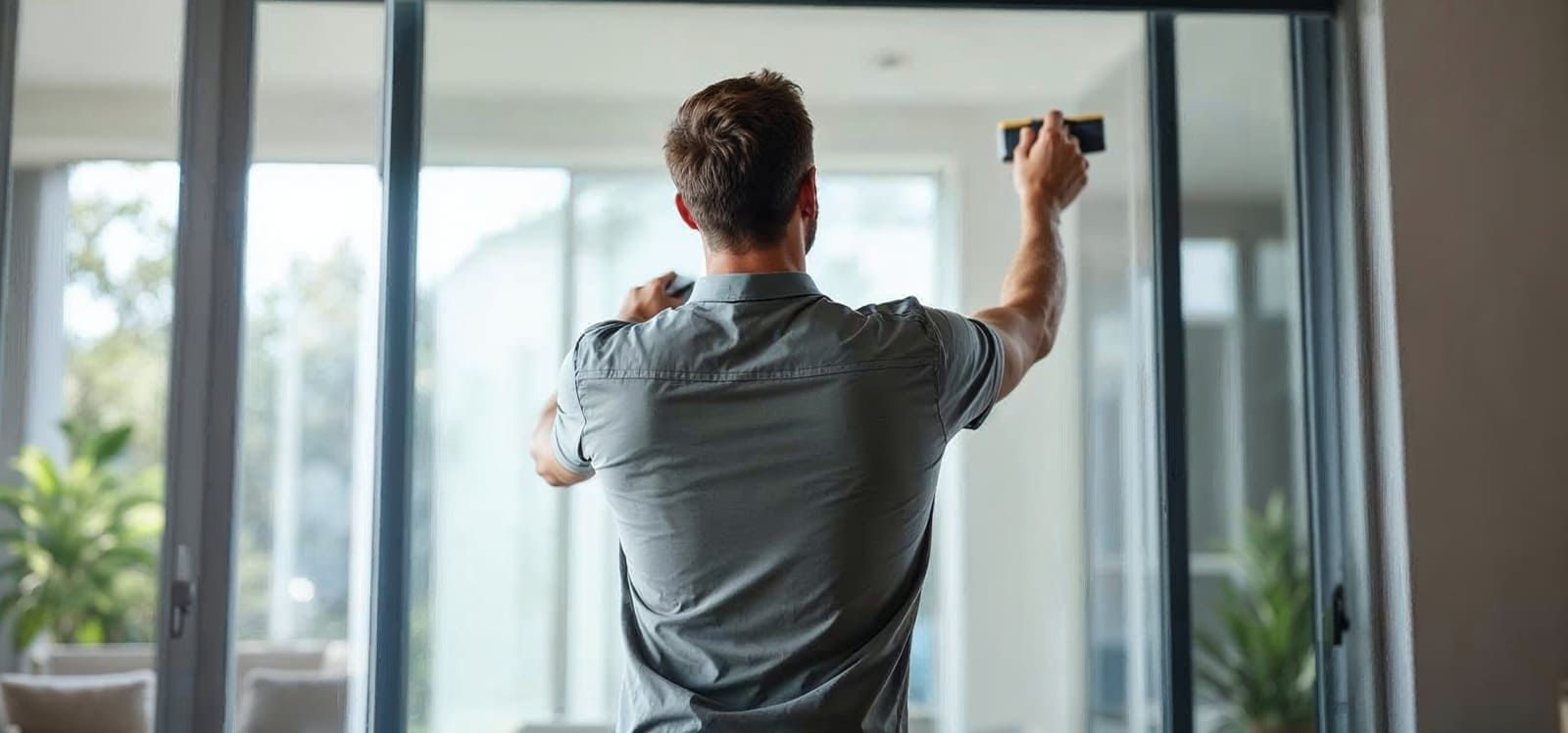
Making the Right Choice for Your Home
When deciding between privacy and solar films, consider the primary concerns you want to address. If privacy is your main goal, especially in areas like bathrooms or bedrooms, privacy films are an excellent choice. They offer a straightforward solution to maintaining privacy without compromising natural light, making them ideal for personal spaces.
For those looking to reduce energy costs and protect their home from UV damage, solar films offer substantial benefits. These films are particularly effective in climates with high solar exposure, providing both comfort and cost savings. Assessing your specific needs and the characteristics of your home will guide you in selecting the most suitable film.
Hybrid Solutions
In some cases, you might find that a combination of both privacy and solar films meets your needs. Some manufacturers offer hybrid films that provide both privacy and solar control features. These films can be a great solution for homeowners looking to maximize both privacy and energy efficiency.
Hybrid films offer the best of both worlds, allowing you to enjoy the benefits of privacy and solar control without the need for multiple applications. They are an excellent option for homeowners who want comprehensive solutions tailored to their unique requirements. Exploring hybrid options can provide a balanced approach to window film selection, ensuring your home is both comfortable and private.
Conclusion
At ShadowFilms Window Tinting, your trusted and premier LLumar dealer and best window film installers near you serving Nampa, Caldwell, Meridian, Boise, and surrounding areas in Canyon County & Ada County, we help homeowners choose the ideal window film solutions for their specific needs—whether it’s enhanced privacy, energy efficiency, or both.
Privacy films offer a stylish way to maintain seclusion without blocking natural light, while solar films are perfect for improving comfort by reducing heat and harmful UV rays. By understanding the unique benefits of each type, you can make an informed decision that boosts your home’s functionality, appearance, and overall efficiency.
Whether you choose privacy films, solar films, or a combination of both, window film is a smart, long-term investment in your home. It addresses common concerns like glare, fading, and overheating—while potentially increasing your home’s resale value.
Contact ShadowFilms Window Tinting today for a free estimate, and let us help you find the perfect LLumar window film solution tailored to your lifestyle and home goals.
FAQs About the Differences Between Privacy Films and Solar Window Films
What is the main difference between privacy films and solar films?
Privacy films are designed to limit visibility from the outside in, while solar films are focused on blocking heat, glare, and UV rays without necessarily darkening the windows as much.
Do privacy films also block heat and UV rays?
Some do, but privacy is their primary purpose. While many offer moderate heat and UV rejection, they don’t perform as well as dedicated solar control films.
Are solar films see-through from the outside?
Yes, especially during the day. Solar films prioritize performance over privacy, often allowing some visibility into the space, depending on lighting and film type.
Which film is better for office windows?
If you need to reduce heat and glare, go with solar film. If you want to obscure sensitive spaces or glass partitions, choose privacy film with a frosted or mirrored finish.
Can one film do both—privacy and solar control?
Yes, some dual-purpose films offer both heat rejection and privacy. However, these tend to be more expensive and may not excel in either category compared to dedicated films.
Is privacy film always dark or reflective?
Not always. Privacy films come in frosted, etched, matte, decorative, or one-way mirror styles. The level of opacity varies by design and use case.
Do solar films reduce visibility at night?
Not significantly. High-quality ceramic or spectrally selective solar films maintain clarity while blocking heat and UV—great for day and night visibility.
Which film is more energy-efficient?
Solar films are designed to improve energy efficiency by reducing cooling loads, making them ideal for commercial buildings or homes in hot climates.
Can I apply privacy or solar film on bathroom windows?
Yes. Privacy films are popular for bathrooms, especially frosted styles. If heat or glare is a concern, consider a solar film with a frosted or tinted effect.
Which film is better for storefronts?
It depends on your goals. Choose privacy film to block interior views (like storage areas) and solar film to protect merchandise from UV damage.
Do both films help with UV protection?
Yes, but solar films offer superior UV rejection—often blocking up to 99% of harmful UV rays, which helps protect interiors and occupants.
Are both types available in decorative options?
Yes. Many privacy films come in decorative styles, and some solar films also feature tints, colors, or mild reflections for aesthetic appeal.
Do either films offer daytime privacy without blocking night views?
Not perfectly. One-way mirror films work in bright daylight but lose effectiveness at night when interior lights are on.
Can I install both film types on the same window?
It's not recommended to layer them, but you can choose a hybrid film or apply different films to separate panes or areas for specific needs.
Are ceramic tints considered solar or privacy films?
Ceramic tints fall under solar films, offering excellent heat and UV protection without a reflective or dark appearance.
How long do privacy and solar films last?
Both typically last 10–15 years with proper installation and care. High-end solar films may offer longer warranties due to better durability.
Are these films removable or permanent?
Most are removable but not reusable. They can be taken off without damaging the glass when professionally removed.
Do either films impact natural lighting?
Privacy films reduce natural light more than solar films. Solar films are often designed to maintain brightness while cutting glare.
Which film should I choose for car windows?
Solar films are more commonly used on vehicles for heat and UV control. Privacy tints are often added for rear windows.
Is professional installation recommended for both film types?
Yes. For bubble-free, edge-precise results and long-term performance, it’s best to work with a certified installer for either film type.

